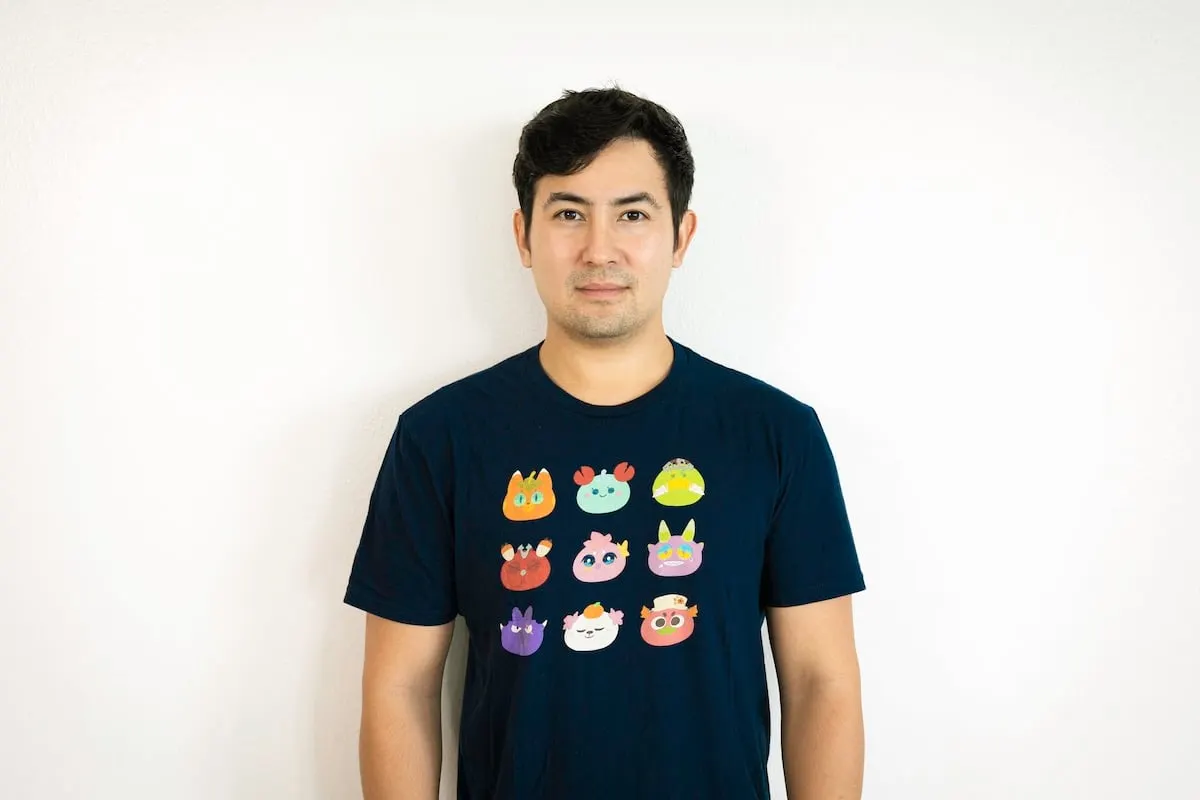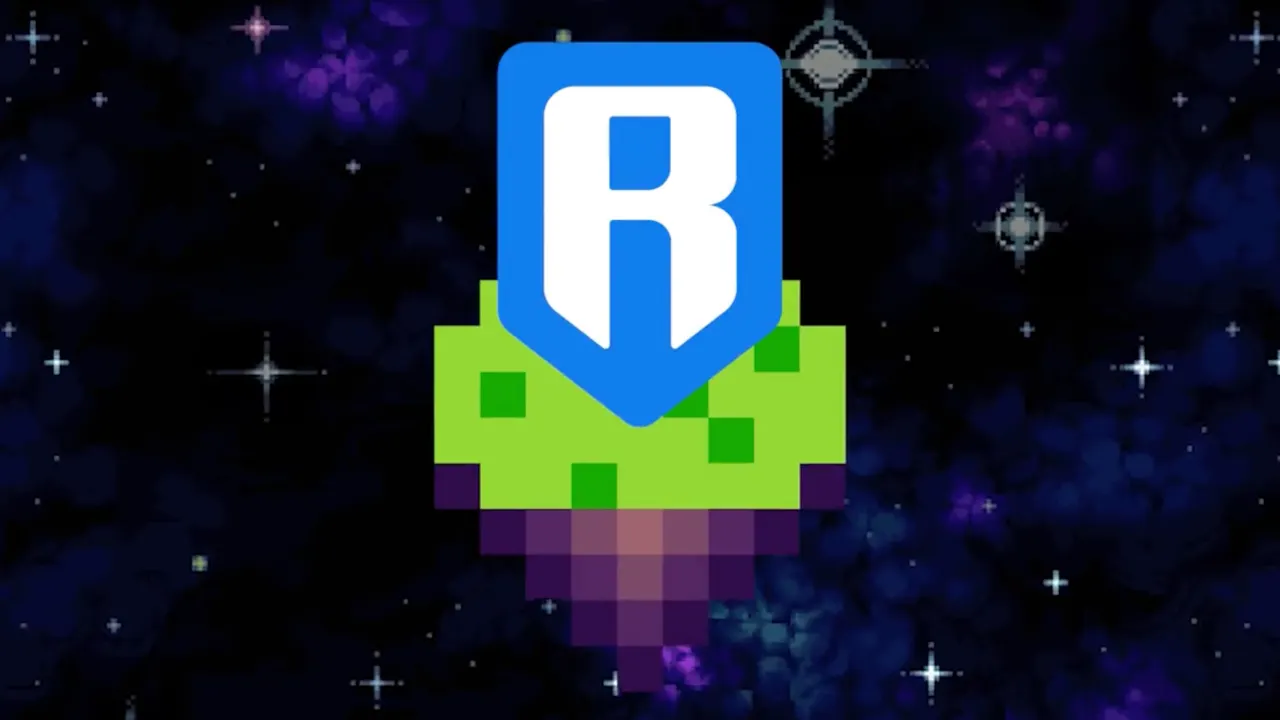Ronin goes against the grain when it comes to the Web3 philosophy.
For many in the crypto space, the beauty of the blockchain is that it’s permissionless and that anyone can build without a centralized authority. Instead, the Ethereum sidechain gaming network instead opts for a closed, curated approach at present.
There’s a reason for this kind of early approach, the team says—and it's hard to argue with success, given the vast rise in Ronin players in recent months, plus its surge to an all-time high price in March ahead of the recent markets cooldown.
And there's a path to a “pervasively permissionless” Ronin network ahead.
“There are too many developers, too many applications, and too many games,” Sky Mavis and Ronin co-founder Jeff “Jihoz” Zirlin told Decrypt. “There are more applications, games, and developers than there are actual real people using these applications.”
Many open blockchains have an “overabundance” of games, Zirlin believes, while the relatively small number of gamers that are playing in this space struggle to sift through the good and the bad. To battle this dilemma, Ronin curates the games that are allowed on its network.
In his personal time—and aside from crypto games—Zirlin only plays games by Nintendo, Blizzard, and Supercell. They’re giants of the industry known for releasing few games, and often really beloved and massively popular games at that.

By curating Ronin’s game library, he believes that the network is aligning itself with these game publishers. In fact, he suggests that the Web3 element “adds another layer on top” by incentivizing gamers to support the network through its token.
“This strategy emphasizes quality over quantity, allowing us to work closely with fewer teams and ensure their long-term success in the evolving landscape of Web3 gaming,” Zirlin explained. “[A Twitter poll] showed us that 40% of all [Axie] gamers were onboarded by a friend or family member. So these are insane levels of evangelism.”
In turn, Ronin accounts for 30% of all active Web3 gamers, the largest share by some margin with Polygon in second at 17%, according to Footprint Analytics. Despite the model working for Ronin, most of Web3 opts against such an approach.
“In order to win, you need to do non-consensus things. That’s where most of the strategic leverage is,” Zirlin explained. “People want chaos, I guess, in Web3. But for the adoption of a new technology, you need to be more zen. You don't want to confuse people, because the technology is already confusing enough.”
Thus far, a curated approach appears to have served Ronin well. The doors will only be closed for so long, however, as Zirlin admits that open models do have advantages in the long run—and Ronin is indeed eyeing up a more open future.
Looking down the path, one major hurdle in Ronin’s way is scalability. Currently, Ronin claims, the network can handle 7.5 million daily transactions without congestion. This may not be enough once the network is opened to all builders, so Sky Mavis is actively exploring scaling solutions to increase what Ronin can handle. But scaling isn’t just a technical leap, said Zirlin—it’s also a cultural challenge.
“Ultimately, the key factor in scalability is not just technical superiority, but also user adoption and loyalty,” Zirlin explained. “Similar to the console wars of the past, where players chose platforms based on where their friends were, our focus is on curating games that draw players to Ronin.”
Once Ronin turns “pervasively permissionless,” Zirlin said, he expects the number of games deploying on Ronin to accelerate. He hopes one of these games will help drive growth for the network, as current game Pixels is doing at present and Axie Infinity did back during the play-to-earn boom in 2021—but this time without such a heavy-handed approach from Ronin.
When Ronin plans open up the network is still undecided. Once this path ends and Ronin opens its doors, the network will begin to eye up its next big transformation—expanding beyond gaming.
“The endgame is to create an ecosystem that seamlessly blends gaming with ecommerce and payment apps,” Zirlin told Decrypt. "We believe the path to getting there is by bootstrapping adoption and attention through gaming, and then expanding into payments and ecommerce, thereby disrupting the predatory banking system and credit card industry.”
Edited by Andrew Hayward

